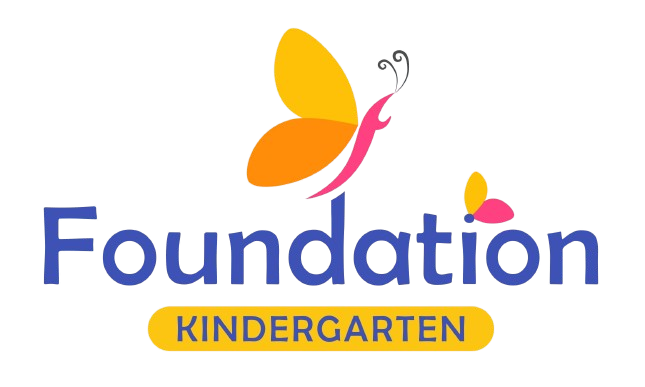How Social Play Shapes Social Skills: Encouraging Positive Peer Interactions
Social skills are essential building blocks for a child’s success in school and beyond. Through social play, preschoolers learn cooperation, empathy, and communication. At Foundation Kindergarten, your child's second home, our approach to play includes guided activities that nurture positive social interactions, allowing children to build friendships and understand the importance of teamwork.
How Social Play Supports Social Skills Development
Social play is one of the most effective ways for children to learn to engage positively with others. Games and activities in a structured preschool setting provide natural scenarios where children can practice taking turns, sharing, and resolving conflicts. Our legacy of 32 years of excellence in preschool education shows that play is not only fun but fundamental to developing essential life skills.
When children engage in social play within a preschool setting, they encounter a variety of social situations that help them learn to navigate both simple and complex social dynamics. They gain essential interpersonal skills like patience, kindness, and emotional self-regulation, which contribute to emotional intelligence (EQ). For example, games that require waiting for a turn or working together on a task help children understand the value of cooperation and compromise.
Strategies for Encouraging Positive Peer Interactions
Our curriculum includes structured activities that teach children how to communicate effectively, empathize with others, and build strong relationships. Here are several key strategies we employ at Foundation Kindergarten to promote positive peer interactions and social skill development:
1. Guided Group Play
We design activities like group puzzles or collaborative art projects that require teamwork. Children learn to communicate their ideas and negotiate, fostering cooperation and patience.
2. Role-Playing Scenarios
Through role-playing games, children get the chance to step into various characters, which encourages empathy and helps them understand others’ feelings and perspectives.
3. Encouraging Positive Reinforcement
Teachers at Foundation Kindergarten gently guide interactions, offering positive feedback for sharing, taking turns, and helping others. This helps children understand the value of kindness and builds their confidence in social situations.
4. Storytime Discussions and Social Stories
Storytime provides a valuable opportunity to introduce children to scenarios that demonstrate empathy, sharing, and other social skills. By discussing characters’ actions and emotions, children begin to understand complex social concepts.
The Role of Educators in Social Skill Development
At Foundation Kindergarten, educators play an integral role in guiding and modelling positive interactions. Teachers create a supportive space for each child to learn at their own pace, demonstrating behaviours like active listening, kindness, and problem-solving. They encourage children to articulate their feelings when conflicts arise and gently guide them through conflict resolution, turning challenges into opportunities for growth.
The Lasting Impact of Social Skills Development in Preschool
Learning social skills at an early age has a profound impact on children’s future success. Children who practice these skills in preschool are better prepared to adapt to new environments, make friends easily, and handle challenging social situations with confidence. They are more likely to thrive academically and personally, as they can effectively communicate their needs and collaborate with others. Social skill development in preschool lays a strong foundation for children to build relationships, succeed in school, and eventually navigate professional environments.
At Foundation Kindergarten, we see social play as a vital component of our educational philosophy because we know that #earlylearningmatters. Our play-based approach ensures children build essential social and emotional skills in a supportive, nurturing environment, equipping them for the bright futures that await. With 32 years of experience in preschool education, we take pride in shaping not only strong learners but also kind, empathetic, and socially adept individuals. Through social play, we give children the confidence to explore, connect, and grow, making each day at Foundation Kindergarten truly “Your Child’s Second Home.”
By fostering positive social interactions through these structured activities, we help children form a lifelong appreciation for collaboration, empathy, and understanding. Social skills aren’t just about interacting well in preschool—they’re about setting children up for a life filled with positive relationships and meaningful connections.
